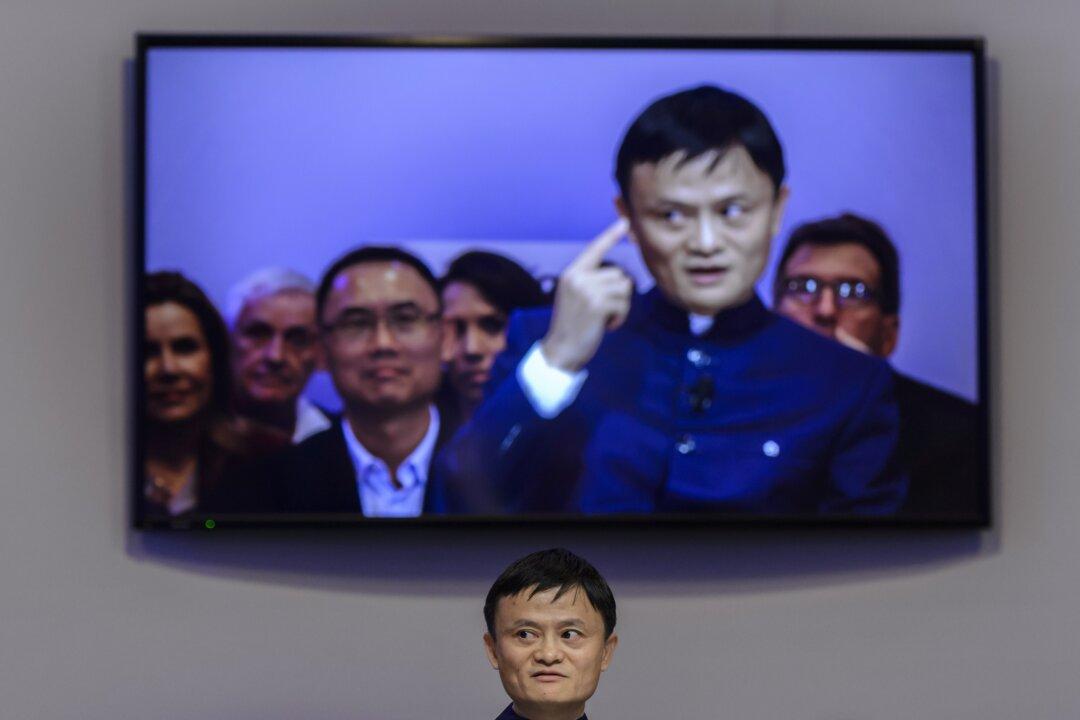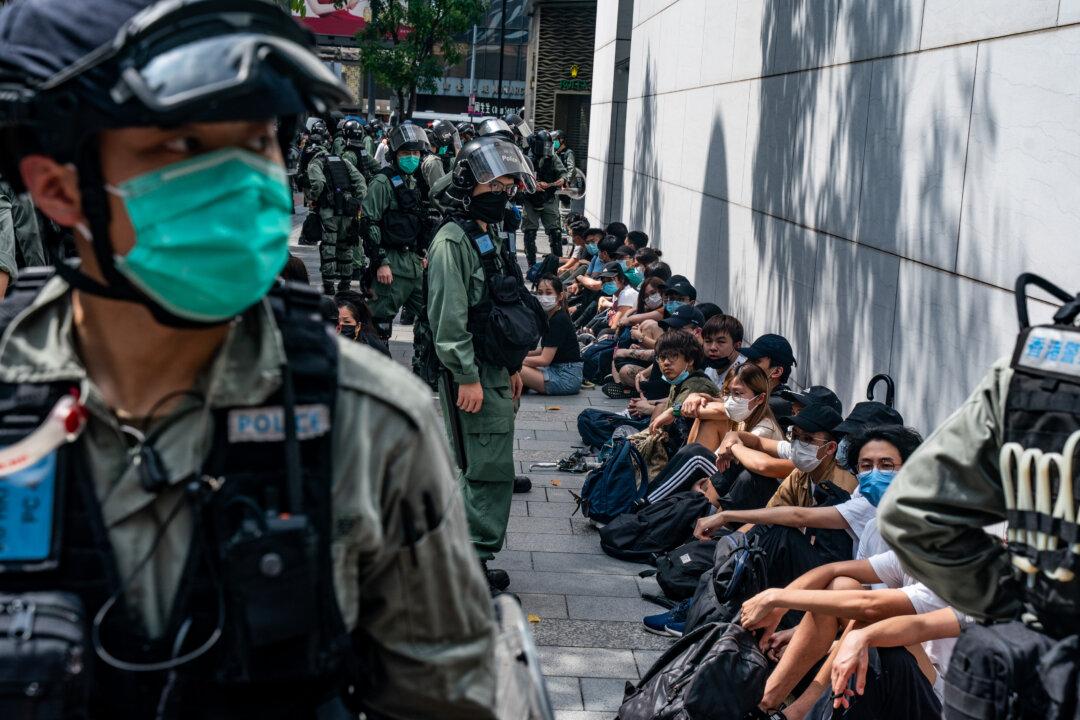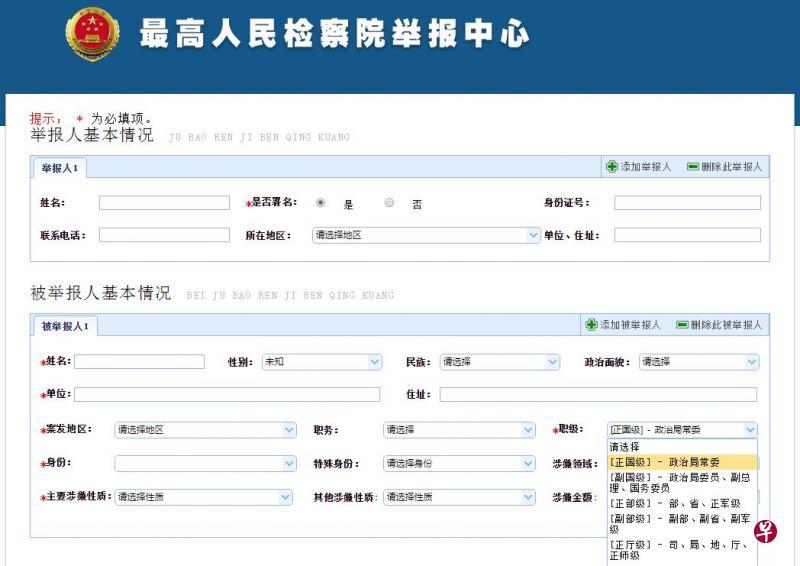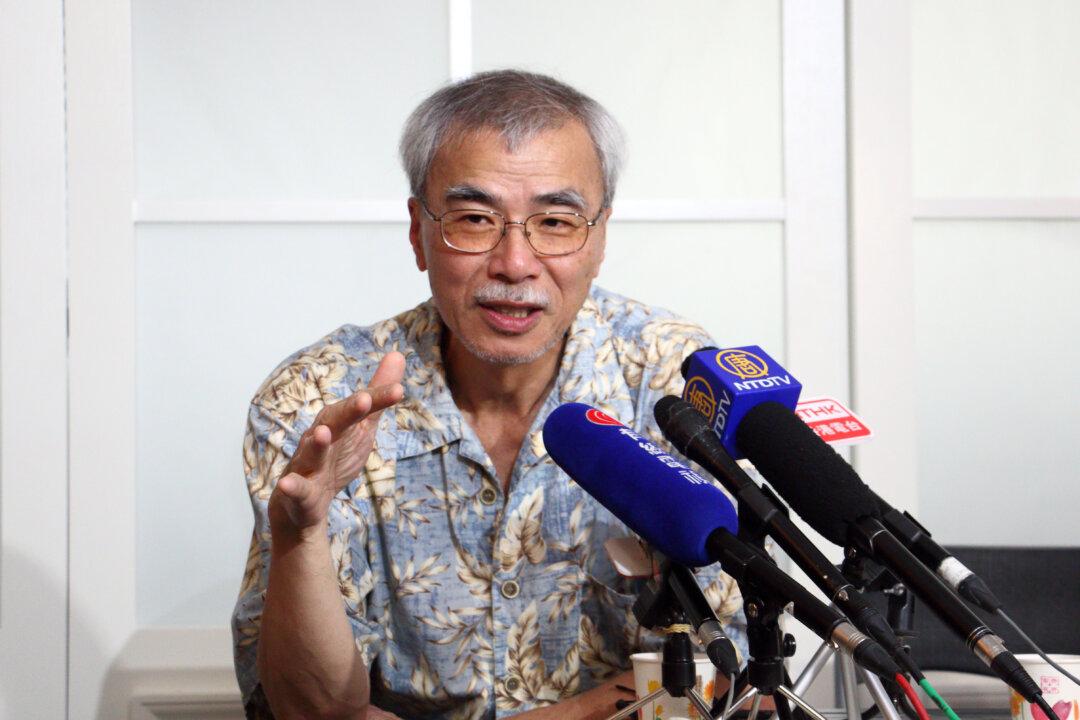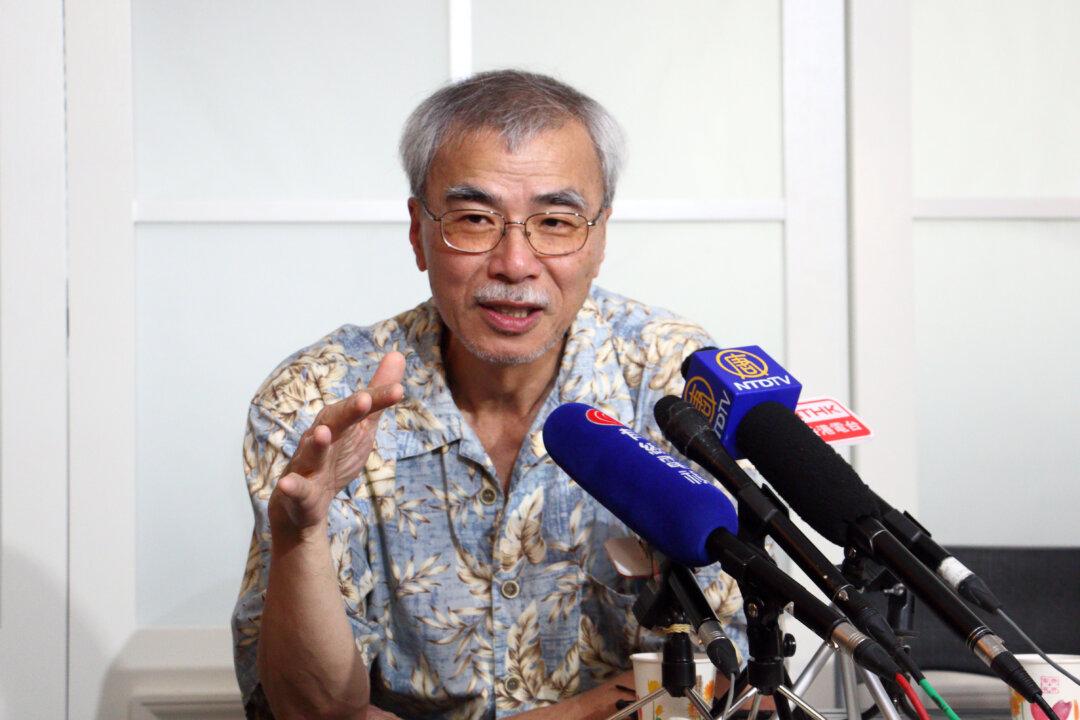An open conflict between Chinese e-commerce giant Alibaba Group and China’s main corporate regulator, the State Administration for Industry and Commerce (SAIC), has attracted widespread media attention.
In January, the SAIC singled out Alibaba’s online platform Taobao for selling counterfeit goods and listed the company’s wrongdoings in a White Paper. Taobao responded by lodging a complaint.
Another Alibaba web platform, Tmall, questioned the SAIC’s sampling procedure.
In China, it is rare to see a corporation in direct conflict with a powerful government agency. Outside commentators believe this may mean Chinese Communist Party leader Xi Jinping’s anti-corruption campaign has extended to the business community.
Xi’s campaign has already purged many supporters of former Party leader Jiang Zemin. Some of Alibaba’s shareholders have backgrounds with the Jiang faction.
Yahoo recently announced its plan to spin off its stake in Alibaba into a new company. Between that and its clash with the SAIC, Alibaba’s stock value evaporated about US $11 billion overnight on Jan. 28.
Alibaba’s founder Jack Ma’s status as the richest man in mainland China has also been shaken, and his net worth has shrunk to about $19.5 billion.
Alibaba Challenges SAIC
On Jan. 23, the SAIC released a report stating that less than 37.25 percent of tested Taobao goods were authentic, the lowest compared to other web platforms.
On Jan. 27, Taobao published an open letter quarrelling with the SAIC, accusing SAIC director Liu Hongliang of “procedural misconduct during the supervision process” and “black whistle-blowing.” On the same day, China’s Ministry of Commerce issued a notice supporting SAIC’s crackdown on fake goods.
